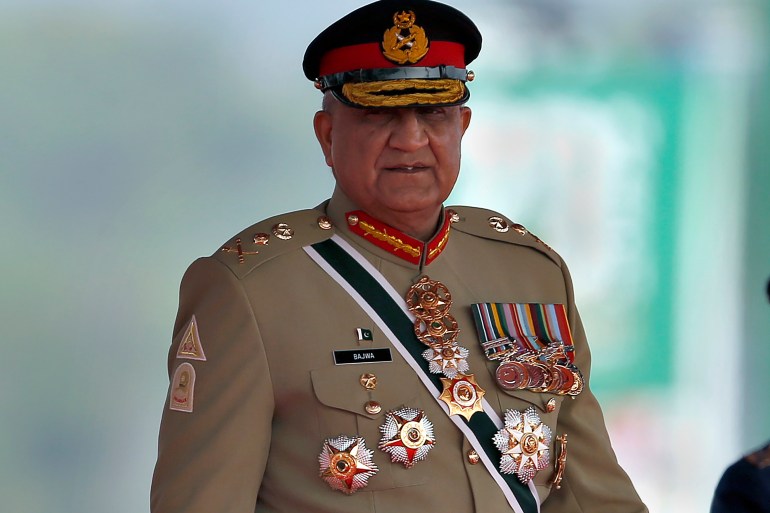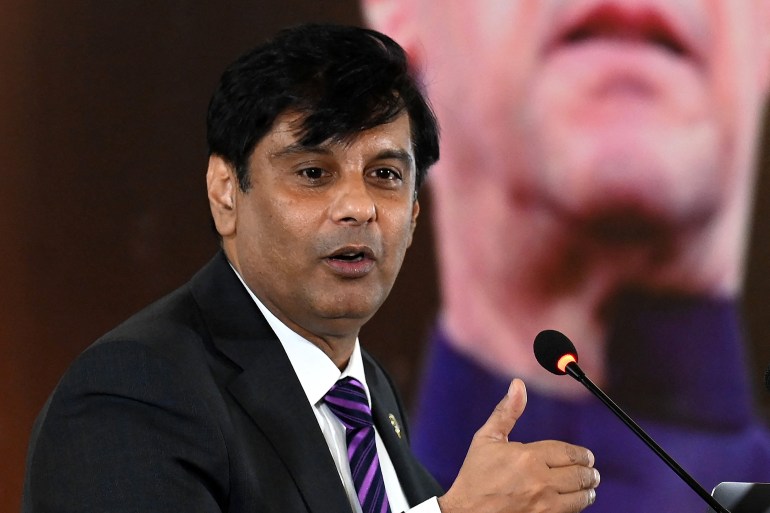Pakistan: Army Chief Admits Military's Political Interference

The Facts
In his last address as army chief, General Qamar Javed Bajwa defended the role of Pakistan's military, which has faced heavy criticism, particularly from former PM Imran Khan, who has accused it of being instrumental in his removal from office in April. Bajwa said the military had unlawfully meddled in politics for 70 years, but wasn't doing so any longer.
Speaking at the Defense and Martyr's Day ceremony in Rawalpindi on Wednesday, Bajwa questioned why other armies are rarely criticized, while the Pakistani military faces frequent condemnation. “I think the reason for this is the army’s interference in politics. That’s why the army decided in February not to get involved in politics,” he said.
The Spin
Narrative A
It's best to take Bajwa’s claim that the army intends to cease their unconstitutional interference in politics with a large grain of salt. The military institution is so deeply entrenched in the fabric of Pakistan's politics that it would be near impossible to engineer such a sharp exit. Bajwa's successor will play a key role in reducing tensions between the government and opposition leader Imran Khan due to the decades of meddling by senior military figures in the country's political governance.
Narrative B
While it's true that Pakistan's army has a history of illegitimately interfering in politics, it's clear that Bajwa is using the end of his tenure as an opportunity to openly discuss the truth for the sake of the country's stability. This is a rare and candid admission by a senior leader who is concerned about the potential for ongoing turmoil, and believes that his influence — including through negotiating better relationships between political parties — was motivated by a desire to maintain the functioning of democracy and political health of the nation.
